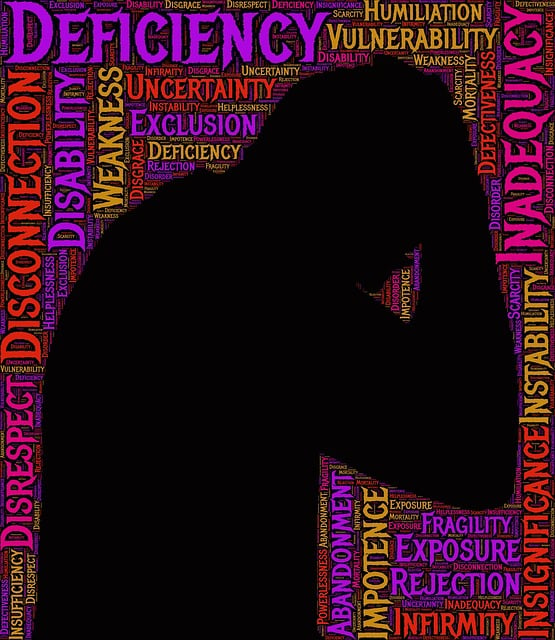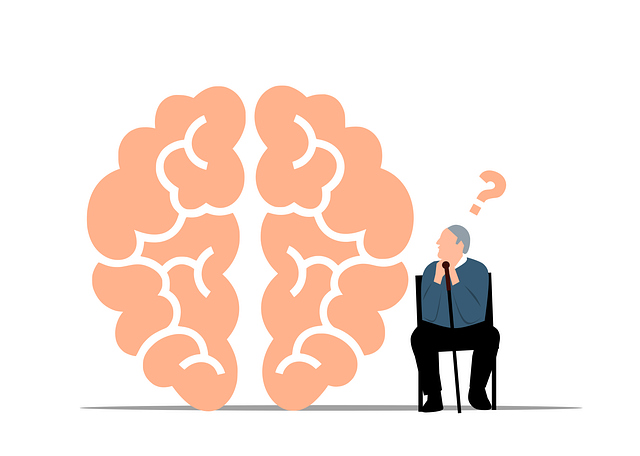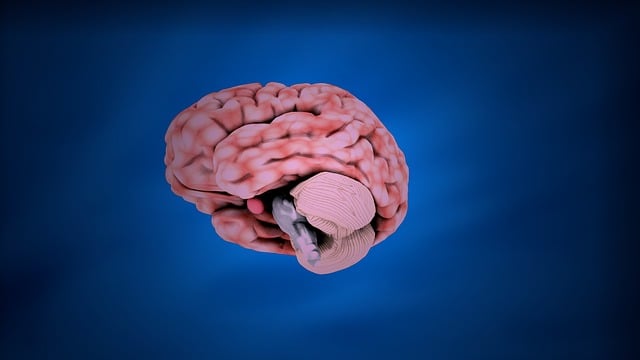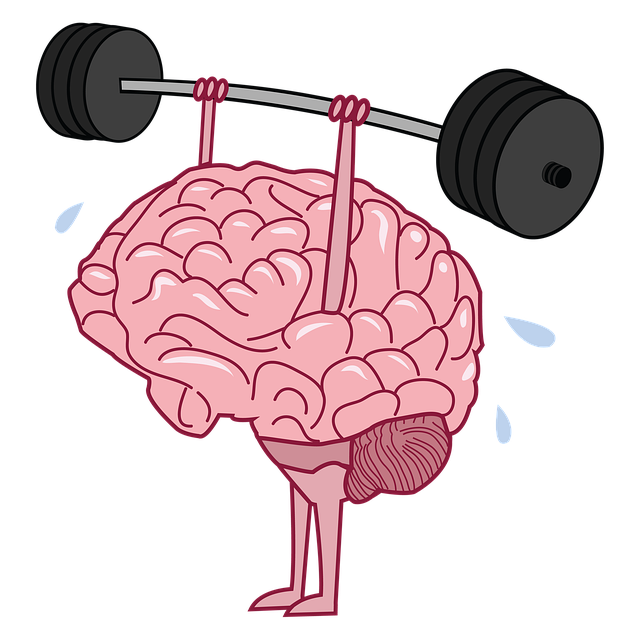Depression, a serious mental health disorder, requires proactive intervention. Lafayette Conduct Disorder Therapy offers a holistic approach combining individual therapy, group activities, family involvement, creative outlets, and mental wellness podcasts. Early recognition of subtle symptoms through emotional intelligence is key, alongside stress reduction methods and coping strategies to prevent escalation. The program addresses underlying issues with personalized guidance, integrating Mental Health Policy Analysis, Crisis Intervention, and supportive community systems. A balanced lifestyle, including exercise, diet, mindfulness, social support, hobbies, and self-care, is emphasized for prevention and management. Seeking Lafayette Conduct Disorder Therapy's specialized services equips individuals with coping strategies, enhances emotional regulation, and builds resilience, fostering mental well-being and preventing depressive episodes.
Depression is a prevalent and serious mental health condition, but it’s not impossible to prevent. This article explores a multi-faceted approach to safeguarding your mental well-being, focusing on strategies that can help you stay resilient. From recognizing early signs and symptoms of depression to adopting lifestyle changes and leveraging professional support like Lafayette Conduct Disorder Therapy, these tactics empower individuals to take charge of their mental health.
- Understanding Depression and its Impact
- Identifying Early Signs and Symptoms
- Lafayette Conduct Disorder Therapy: A Comprehensive Approach
- Lifestyle Changes for Better Mental Health
- Professional Support and Resources for Prevention
Understanding Depression and its Impact

Depression is a complex mental health disorder that significantly impacts an individual’s daily life and overall well-being. It goes beyond mere sadness or temporary mood swings; it is characterized by persistent feelings of profound sadness, loss of interest in activities once enjoyed, changes in appetite and sleep patterns, fatigue, difficulty concentrating, and, in severe cases, suicidal thoughts. The impact extends to various aspects of an individual’s life, including relationships, work, and overall functioning. Understanding depression is the first step towards prevention, as it enables people to recognize signs early on and seek appropriate support.
In Lafayette, Conduct Disorder Therapy has proven effective in addressing underlying issues contributing to depression. This form of therapy focuses on modifying problematic behaviors and thoughts while fostering healthier coping mechanisms. By combining individual therapy sessions with group activities or family involvement, as tailored through a Mental Health Education Programs Design, individuals can learn empathy-building strategies (a crucial aspect for many) and develop personal resilience. Additionally, engaging in creative outlets or participating in Mental Wellness Podcast Series Production can provide healthy distractions and offer unique perspectives, contributing to improved mental wellness.
Identifying Early Signs and Symptoms

Recognizing the early signs and symptoms of depression is a proactive step towards prevention, especially for individuals considering Lafayette Conduct Disorder Therapy. This mental health condition often presents subtley, making it easy to overlook or dismiss. Common indicators include persistent feelings of sadness, loss of interest in activities once enjoyed, changes in appetite and sleep patterns, fatigue, difficulty concentrating, and feelings of worthlessness or guilt.
Emotional Intelligence plays a crucial role in early detection as it helps individuals interpret and manage these symptoms. By practicing Stress Reduction Methods and developing coping strategies, one can effectively navigate early signs before they escalate. Burnout Prevention is also key; recognizing and addressing burnout symptoms like chronic exhaustion and cynicism can be a powerful deterrent against depression.
Lafayette Conduct Disorder Therapy: A Comprehensive Approach

Lafayette Conduct Disorder Therapy offers a comprehensive approach to depression prevention by addressing underlying issues that contribute to poor mental health. This therapy goes beyond symptom management; it delves into the individual’s conduct patterns, social environments, and personal histories to identify triggers and develop tailored strategies for long-term wellness. By combining evidence-based therapeutic techniques with personalized guidance, Lafayette Conduct Disorder Therapy empowers individuals to cultivate a robust self-care routine for better mental health.
Integrating insights from Mental Health Policy Analysis and Advocacy, the therapy emphasizes the importance of creating supportive systems and accessible resources within communities. Crisis Intervention Guidance is also integrated, ensuring that clients have effective tools to navigate sudden emotional distress. Through this holistic approach, Lafayette Conduct Disorder Therapy not only prevents depressive episodes but also fosters resilience, promoting a more balanced and fulfilling life.
Lifestyle Changes for Better Mental Health

Adopting a healthier lifestyle can significantly contribute to preventing and managing depression. Regular physical activity, for instance, releases endorphins, which are natural mood lifters. Incorporating 30 minutes of moderate exercise into your daily routine, whether it’s a brisk walk in nature or joining a yoga class, can help reduce symptoms of depression and improve overall well-being. Additionally, prioritizing a balanced diet ensures that your body receives the necessary nutrients to support mental health.
Lafayette Conduct Disorder Therapy emphasizes the importance of lifestyle changes as part of a holistic approach to mental healthcare. This includes managing stress through techniques like mindfulness meditation or deep breathing exercises. Adequate sleep is another crucial aspect; aiming for 7-9 hours of quality sleep each night can regulate mood and energy levels. Moreover, seeking support from friends and family, engaging in hobbies, and practicing self-care rituals are essential components of a mental health education program design that empowers individuals to take charge of their emotional well-being. In light of this, mental health professionals should also focus on cultural sensitivity in their practice, considering the impact of societal factors on an individual’s mental state.
Professional Support and Resources for Prevention

Seeking professional support is a proactive step towards depression prevention. Lafayette Conduct Disorder Therapy offers specialized services designed to address underlying issues and promote mental well-being. Therapists equipped with evidence-based practices can help individuals develop coping strategies, enhance emotional regulation skills, and build resilience. Through individual therapy, group sessions, or family counseling, clients gain insights into their thoughts and behaviors while learning positive thinking techniques and empathy building strategies.
Additionally, resources like support groups and online platforms provide a sense of community and peer-to-peer connection, fostering an environment conducive to recovery. These networks encourage open dialogue, share effective resilience-building techniques, and offer ongoing encouragement—all vital components in preventing depressive episodes. By combining professional guidance with accessible resources, individuals can navigate life’s challenges more effectively and cultivate long-term mental health.
Depression prevention is a multifaceted approach that combines understanding, early intervention, and proactive strategies. By recognizing the signs, adopting positive lifestyle changes, and seeking professional support, individuals can effectively manage and even prevent depressive episodes. Lafayette Conduct Disorder Therapy offers a comprehensive framework for addressing underlying issues, while lifestyle adjustments such as regular exercise, mindfulness practices, and strong social connections play a vital role in maintaining mental well-being. Remember that access to professional resources is crucial; don’t hesitate to reach out for help when needed.












